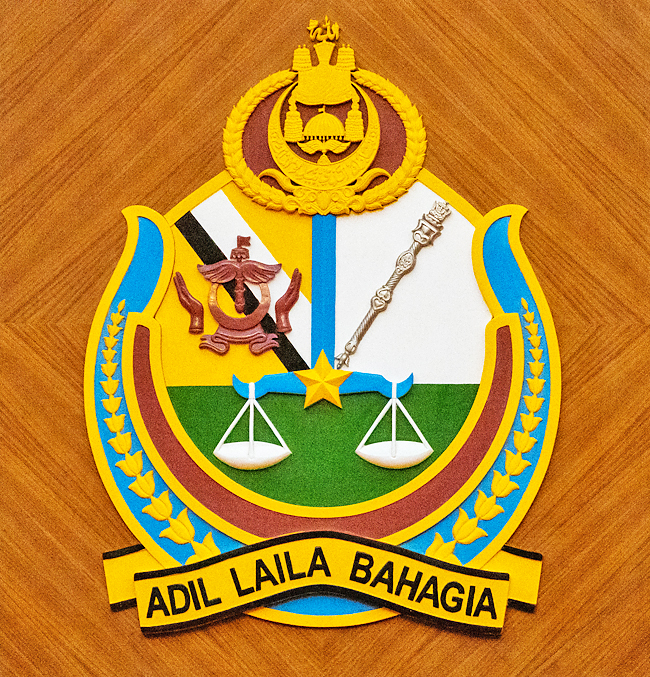Brunei: Soaring global inflation hits local consumers, producers
The increasing global inflation stems from the supply chain being affected by the COVID-19 pandemic. The country’s inflation rate in 2020 was 1.9 per cent, and 1.7 per cent on November 2021.
This was said by Minister at the Prime Minister’s Office and Minister of Finance and Economy II Yang Berhormat Dato Seri Setia Dr Awang Haji Mohd Amin Liew bin Abdullah on the third day of the 18th Legislative Council (LegCo) session yesterday, adding that the situation was very different before the health crisis hit the world, as the country’s inflation rate was minimal.
The rising global inflation rate has affected not only consumers in the Sultanate but also the producers, as the country is highly dependent on imported products including consumer goods and intermediate goods used as inputs to local production. The main causes of global inflation are rising logistics and transportation costs and rising raw material costs, he said.
According to the Freightos Baltic Index Global Container Freight Index, transportation costs for global containers have increased dramatically from July 2019 which amounted to USD1,342 for 40-foot containers to USD9,806 in January 2022 which is at least six times the increment. This is compounded by congestion in the world’s major ports, causing delays in the delivery of goods.
“The high inflation rate experienced around the world is something that is beyond the control of this country. It is not only affecting the industrial sectors around the world but also the quality of life with the rising cost of daily living,” said Yang Berhormat Dato Seri Setia Dr Awang Haji Mohd Amin Liew.
In response, the Ministry of Finance and Economy constantly monitors and examines the impact of the global inflation on the national economy, he said.
Meanwhile, Yang Berhormat Dato Seri Setia Dr Awang Haji Mohd Amin Liew also said for the third quarter (Q3) of 2021, Brunei Darussalam’s gross domestic product decreased by 2.2 per cent compared to the third quarter of 2020, due to the decline in crude oil production to 97.1 thousand barrels per day in Q3 2021, compared to 100.6 thousand barrels per day in Q3 2020, and natural gas production of 750.9 thousand mmbtu per day in Q3 2021 compared to 834.5 thousand mmbtu per day in Q3 2020. The movement restrictions that partially affected the maintenance activities of oil wells including well, reservoir and facilities management, the ministry said.
However, the decline was offset by positive growth from the non-oil and gas sector of one per cent in Q3 2021 compared with the same period in 2020. The positive development was driven by increased production in agriculture, forestry and fisheries sectors at 27.9 per cent due to increased production in 10 sub-sectors of vegetables, fruits and other agricultural products as well as fisheries and livestock food sub-sectors.
In addition, there are other sub-sectors that also contributed to positive developments such as air transport; finance; communications; and health services.
The International Monetary Fund (IMF), ASEAN + 3 Macroeconomic Research Office (AMRO) and the Asian Development Bank (ADB) have projected positive economic growth for Brunei Darussalam in 2022 at 2.6 per cent, 3.5 per cent; and 3.2 per cent respectively, by taking into account the recovery efforts implemented, particularly the production of downstream oil and gas industry products and related activities from Hengyi Industries Sdn Bhd and Brunei Fertilizer Industries Sdn Bhd (BFI).
Source: https://borneobulletin.com.bn/soaring-global-inflation-hits-local-consumers-producers/


 English
English




